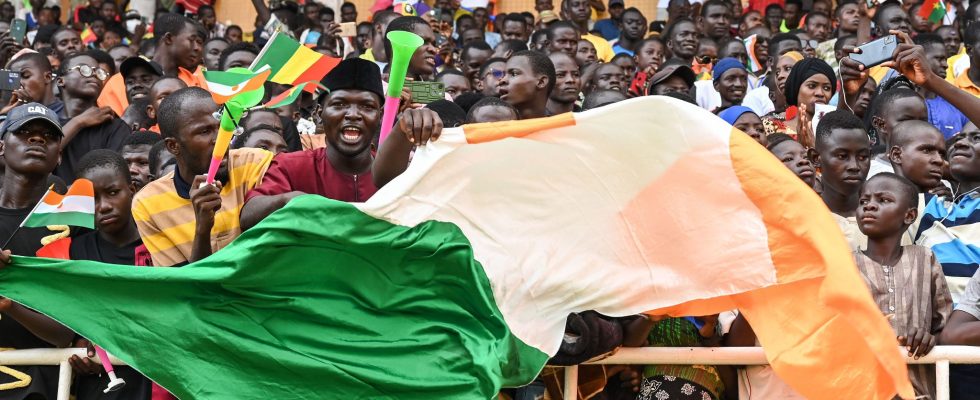After Mali in 2021 and Burkina Faso in 2022, it is now Niger’s turn to see a military junta installed at its head. Until when will France continue to serve as a scapegoat for putschists who, in defiance of the most basic security rules in this region of sub-Saharan Africa plagued by Islamist terrorism, see it as a considerable source of personal gain? Let’s look at the facts as they are. France is the only democracy so heavily involved alongside these countries on the military level and which, at the same time, consistently assumes remarkable partnerships in aid of educational, social and cultural development. And it is France which is accused of colonialism for the greater benefit of two dictatorships, Russia and China, whose objective is to consolidate (at least for one with the Wagner militia) a military involvement, but above all countless economic contracts, without worrying about values as trivial in their eyes as democracy, co-development or human rights!
Worse still, the European Union only pays lip service to France’s action and our American “allies” double-cross us whenever they can.
Suffice to say that the intangible doxa according to which “France must hold out as long as possible in French-speaking Africa whatever the cost” is no longer seriously audible. Nor, moreover, the permanent guilt. France has spent tens of billions for fifty years for development aid in Africa and has neither to blush nor to apologize for having done so. It is his honor and his greatness.
So what to do?
Assume a change of doctrine with three principles. First, we must put an end to long-term military interventions. In 2013, I supported François Hollande’s decision to launch the Serval and then Barkhane operations to try to stem the disastrous consequences of the intervention initiated by Nicolas Sarkozy in Libya in 2011, which allowed the Islamist militias to gain take on a considerable stock of arms and rush towards Timbuktu. I can testify, having been there in 2016, that our soldiers have done a heroic job of containing the threat during these ten years. But with hindsight, it must be admitted that Western military commitments – as we have seen in Afghanistan and in sub-Saharan Africa – do not allow these countries to protect themselves over time. Let’s think about other defense strategies based on advising, influencing, supplying equipment to those governments who are truly committed to fighting these battles.
Stop wasting time with leaders who dirty us
Then, it is necessary – barring occasional exceptions – to replace military interventions with mainly civil partnerships: industry, services, infrastructure, health, education, culture… There is so much to do, and France can make an enormous contribution to a large number of these countries. still French speaking. The considerable demographic challenges with which they are confronted easily show the stakes which are in front of us.
Finally, the third principle, which should guide us, is to intervene only in countries where France is desired, expected, recognized. Let’s stop wasting time, money and prestige with leaders who smear us or instrumentalize us. It is unfair and incomprehensible for those of these countries who appreciate us and there are more of them than we think, and unbearable for the French who finance all this with their taxes. It is therefore up to France, through the network of our compatriots established in these countries, but also, through all of our administrations and our companies, to seduce with a “soft-power” adapted, of the partner countries which, while feeling considered, will largely find their interest there.
Our recent relationship with Morocco and Algeria is a perfect counter-model. We have turned our backs on Morocco which appreciated us and we no longer sign a single contract in this country. We dreamed of reconciliation with the Algerian authorities. They insult us and do not develop any initiative with us. If we had done the opposite, we would have been fully consistent with these principles. To think about for the future.
